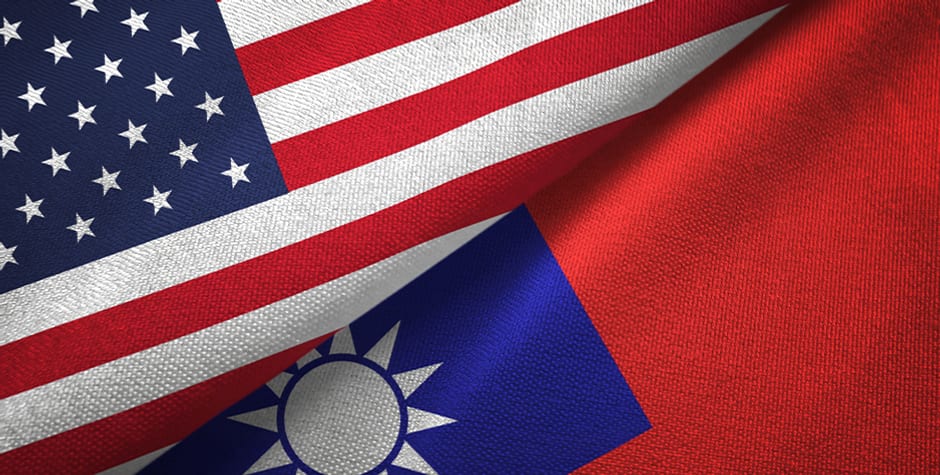A Free and Independent Taiwan Is Critical to American Security
Listen tothis article
Last week saw an increasingly rare phenomenon in Washington, D.C.: bipartisanship.
The proposed U.S.-Taiwan partnership in the Americas act – which would support Taiwan’s diplomatic allies in Latin America in the face of Beijing’s bullying – is a welcome sign that our lawmakers are still capable of forging a united front on issues that matter to national security. Despite the deep differences between our parties on matters of foreign policy, there is a broad recognition that protecting Taiwan is crucial to the maintenance of a stable world order and a free and open Indo-Pacific.
Thanks to President Trump’s decisive actions to rebuild deterrence, we are poised to reverse the dangerous policies of the Biden years and pursue a course that advances our interests and creates a freer, safer, more prosperous world. With China determined to supplant the U.S. as world leader and ultimately control the Indo-Pacific, reaffirming America’s support for Taiwan is central to that effort.
America must send an unambiguous message to Beijing: Taiwan is free, Taiwan is independent – and it is going to stay that way. This strategic clarity is particularly important given how explicit Xi Jinping has been about his designs on Taiwan. He has consistently declared his intention to reunify China – a step that could only be achieved through the military conquest of Taiwan. The Taiwanese people, speaking through their elected representatives, have made it equally clear that they have no desire for unification with China, and they reject the Chinese Communist Party’s (CCP) authoritarian model.
The stakes could not be higher. Taiwan sits at the heart of global supply chains, including for the semiconductors that power everything from smartphones to military equipment. Its strategic location in the first island chain makes it a critical component of the regional security architecture. What’s more, Taiwan represents something the CCP fears above all else: proof that Chinese people can thrive under democratic governance.
During my time as Secretary of State in the first Trump Administration, I had the privilege of helping to lead revolutionary changes to our nation’s China policy, which had been on the wrong track for half a century. A critical part of that mission was to disentangle U.S.-Taiwan relations from the framework of U.S.-China relations to the greatest extent possible. After leaving public office, I made my first public trip to Taiwan in 2022 and called on the U.S. government to formally recognize the fact that Taiwan has never been part of the People’s Republic of China, and that it is – and ought to be – a free and independent nation.
The deliberate ambiguity that once marked America’s view of Taiwan only serves to embolden Beijing’s aggressive posture toward Taiwan. It misleads the international community, and it increases risk and aggression in a region of the world where we should seek to decrease both.
America needs a comprehensive strategy for Taiwan that includes deepening our security assistance, economic ties, and moving toward full diplomatic recognition. Critics will say such moves are too provocative and will put us at risk of war with China. But this has it exactly backward; it is weakness that invites aggression, not strength. The more ambiguous we are about our commitment to Taiwan’s freedom, the more likely Xi Jinping is to calculate that he can take Taiwan without triggering a meaningful American response.
Beijing views America as divided, distracted, and declining, and the CCP has been clear that it views the 2020s as its window of opportunity for territorial expansion. We cannot afford to prove them right. Standing with Taiwan is not just about Taiwan – it is about whether America will continue to lead in shaping a world order based on freedom, democracy, and the rule of law, or whether we will cede that leadership to an authoritarian regime that seeks to remake the world in its own image.
Taiwan’s interests align deeply with our own. It’s well past time to embrace strategic clarity.
